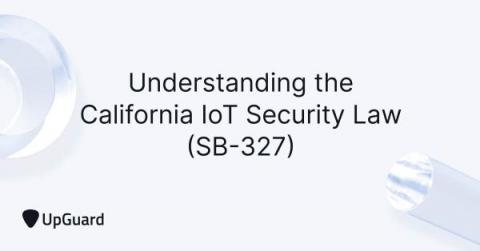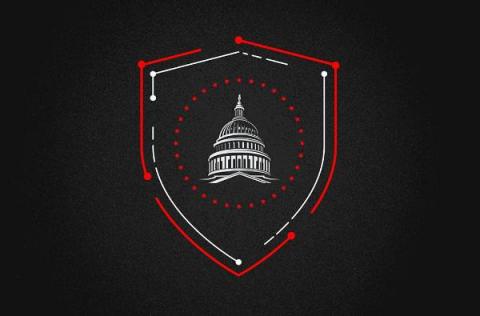Security | Threat Detection | Cyberattacks | DevSecOps | Compliance
Legislation
What is the Security of Critical Infrastructure Act 2018 (SOCI Act 2018)?
What is the Massachusetts Data Security Law? Guide + Tips
What is the Washington My Health My Data (MHMD) Act?
Understanding India's Personal Data Protection Bill (PDPB)
Despite being the second-largest internet market in the world, India has yet to pass a comprehensive data privacy bill. It is important to have policies and regulations in place to protect them and their right to data privacy—a right that India’s Supreme Court recognized in 2017. Since then, the country’s government has been working towards passing a bill that codifies the rights of individuals to data privacy and protection.
Understanding the California IoT Security Law (SB-327)
Leveraging Komodo Consulting's Cybersecurity Services to Comply with the NIS 2 Directive
What is the General Data Protection Regulation (GDPR)?
The General Data Protection Regulation (GDPR) is a set of privacy and security standards put into effect by the European Union (EU). Widely accepted as the world's strictest security and privacy law, GDPR imposes regulations on organizations that target or collect data relating to people in the EU. European Parliament signed GDPR into law in 2016, requiring all organizations to comply by May 2018.
Prevention Is the Best Preparation for the SEC's New Breach Disclosure Rules
The U.S. Securities and Exchange Commission (SEC) this week voted to adopt new rules for how companies inform investors about cybersecurity concerns. The vote comes after years of gradually increasing guidance and scrutiny over companies’ handling of cybersecurity events and follows a lengthy comment period where companies, including CrowdStrike, provided input.
SEC Implements New Rule Requiring Firms to Disclose Cybersecurity Breaches in 4 Days
What happened? The SEC (Securities and Exchange Commission) has introduced new rules that require public companies to be more transparent about their cybersecurity risks and any breaches they experience. This means companies will need to regularly share information about how they're managing cybersecurity risks and any significant cybersecurity incidents they've had. If a company experiences a significant cybersecurity incident, they'll need to report it within four business days.










